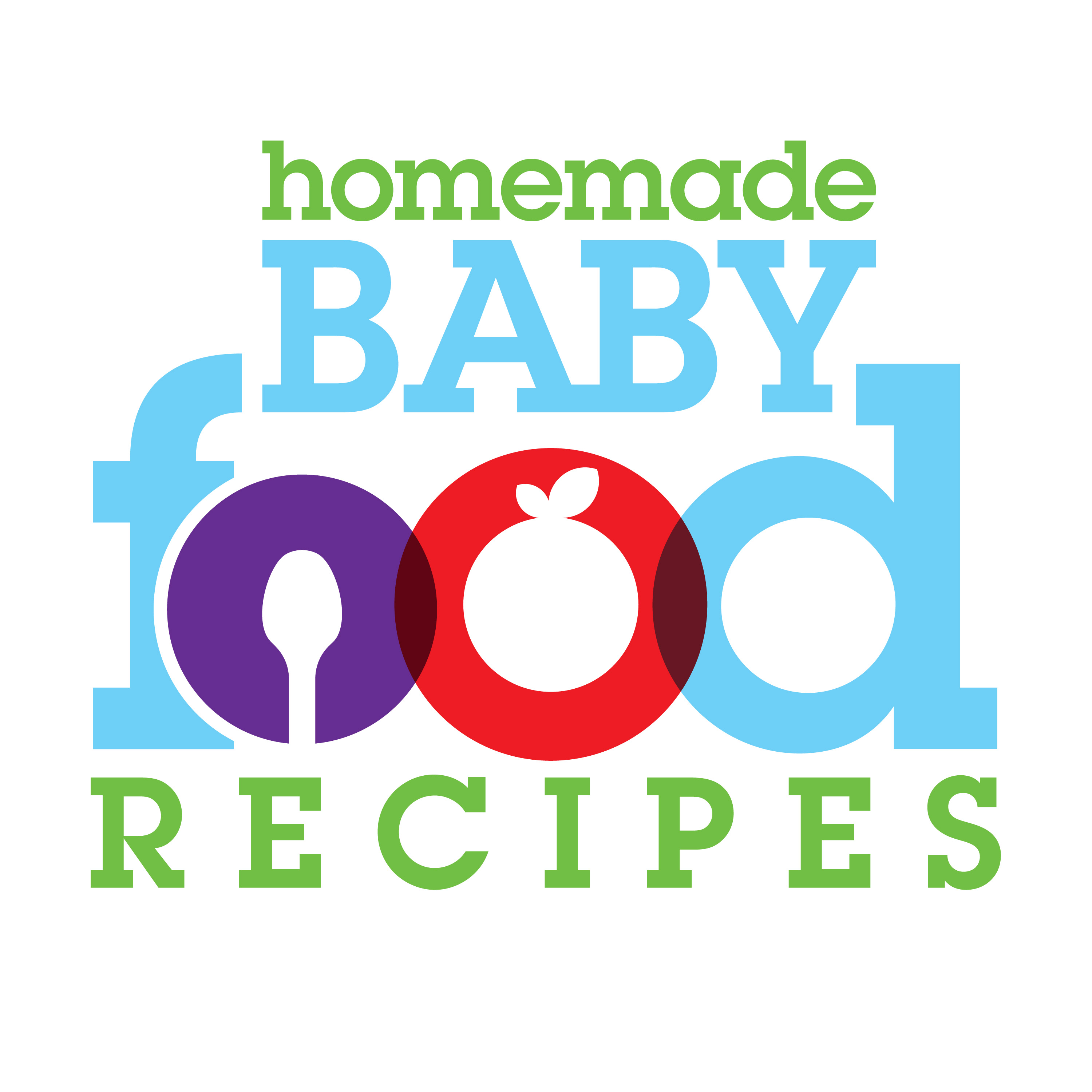Parents in the UK have been advised not to give their children rice drinks (known as rice milk). This is because of the levels of inorganic arsenic they may contain.
The advice, issued yesterday by the Food Standards Agency (FSA), comes after two studies – one into the arsenic levels in rice drinks and one into how cooking methods affect the arsenic content of rice.
Reports back in April last year raised fears that rice – including baby rice – contained unacceptably high levels of arsenic. The FSA, however, maintains that a 2007 survey concluded that baby rice and other rice products do not have levels of inorganic arsenic (the most harmful kind) “that raise concern”.
But they have released details of their study into the impact of cooking techniques on arsenic levels in rice, which concluded that rinsing rice and cooking it in a high volume of water are effective ways of reducing the arsenic content.
However, the warning regarding rice milk has been issued because children may consume these drinks in fairly large quantities and on a regular basis, meaning their arsenic intake will be greater than an adult’s relative to their body weight. The advice, therefore, has been issued as a precaution.
The FSA’s statement adds that children under 12 months should only be given breast milk or formula and that this new advice applies only to children from 1 year to 4.5 years of age.
If you have a child within that age range who is allergic to cow’s milk – and you have been using rice milk as a substitute – please visit your child’s doctor to discuss an alternative. And please note that the FSA also stated that
There is no immediate risk to children who have been consuming rice drinks and it is unlikely that there would have been any long-term harmful effects but to reduce further exposure to arsenic parents should stop giving these drinks to toddlers and young children.
